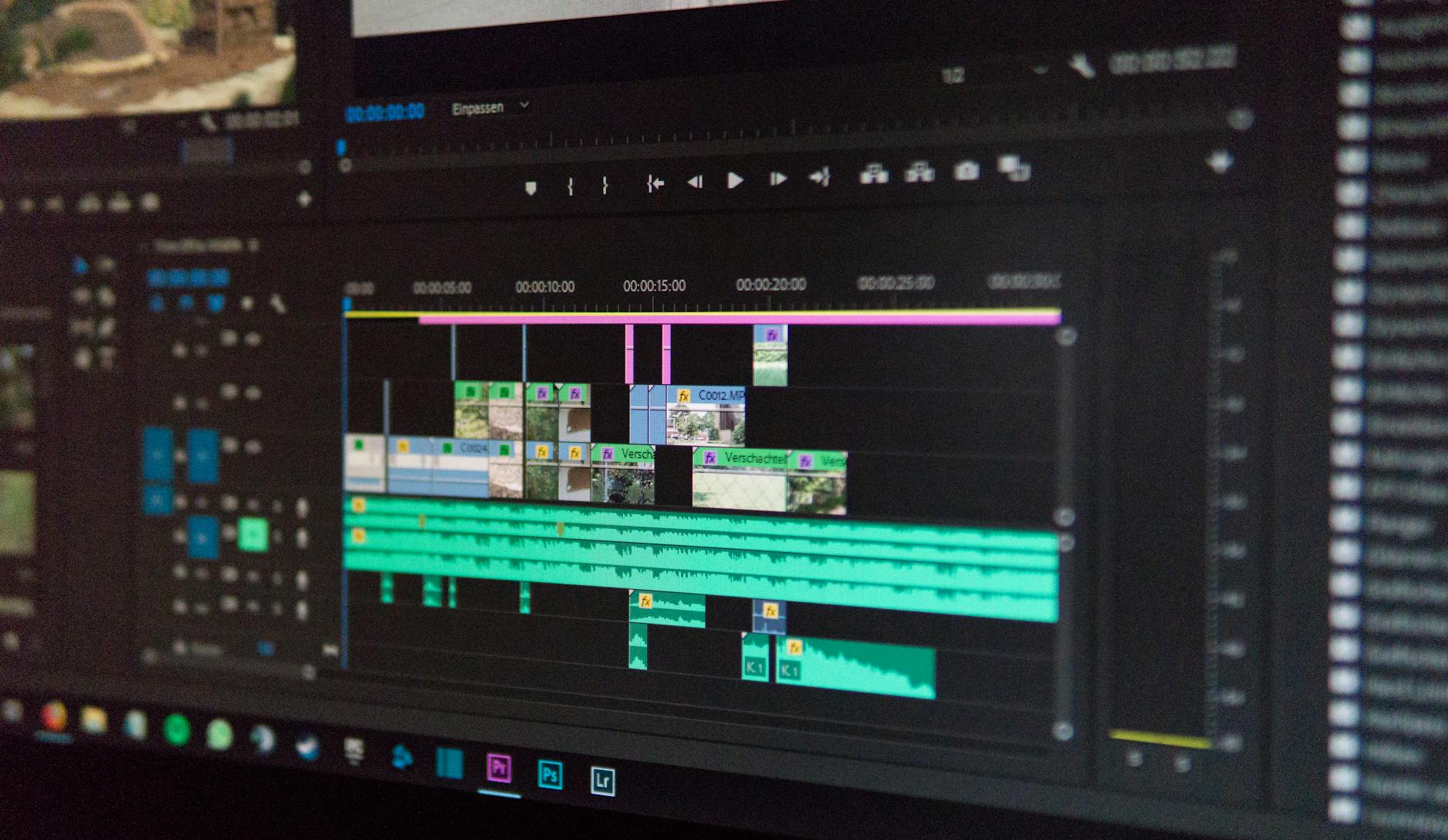What is project tracking platforms?
What is project tracking platforms?
In today’s fast-paced work environment, managing projects efficiently is essential for success. This is where project tracking platforms come into play. These tools not only streamline workflow but also enhance productivity and work-life balance. By effectively tracking tasks, deadlines, and team collaborations, project tracking platforms ensure that projects run smoothly and efficiently.

Photo by Alex Fu
Understanding Project Tracking Platforms
What Are Project Tracking Platforms?
Project tracking platforms are specialized software tools designed to help teams manage their projects more effectively. Unlike generic project management tools, these platforms focus specifically on tracking the progress of tasks, resources, and timelines. They are equipped with features that allow project managers and team members to monitor their work, ensuring that everything stays on track.
Some key characteristics that differentiate project tracking platforms from other project management tools include:
- Real-time tracking: Monitor tasks and deadlines as they progress.
- Visual progress indicators: Use charts and graphs to provide a clear overview of project status.
- Integration capabilities: Connect with other tools and platforms to centralize data.
Key Features of Project Tracking Platforms
When exploring project tracking platforms, it’s essential to understand the features that can significantly impact your team’s productivity. Here are some essential features to look for:
- Task Assignment: Easily assign tasks to team members, ensuring everyone knows their responsibilities.
- Time Tracking: Monitor how much time each task takes, helping to identify bottlenecks or inefficiencies.
- Progress Monitoring: Receive updates on task completion and overall project status, allowing for quick adjustments.
- Reporting: Generate detailed reports on project performance, helping stakeholders make informed decisions.
Benefits of Using Project Tracking Platforms
Enhanced Productivity and Efficiency
One of the most significant advantages of project tracking platforms is their ability to enhance productivity. By providing a clear overview of tasks and deadlines, team members can prioritize their work more effectively. This clarity helps to minimize confusion and ensures everyone is focused on what matters most.
Imagine working on a project where you can see which tasks are behind schedule and which team members need assistance. This visibility allows for swift action to get things back on track, ultimately improving overall efficiency.
Improved Communication and Collaboration
Effective communication is critical in any project. Project tracking platforms foster better collaboration among team members by providing a centralized space for discussions and updates. With real-time notifications and comments, everyone stays informed about changes and progress.
Moreover, these platforms often integrate with other communication tools, making it easier to share information across different channels. For instance, if your team uses Slack for communication, a project tracking tool can connect with it to deliver updates directly to your chat.
Popular Project Tracking Platforms
There are several project tracking platforms available, each with its unique offerings. Here are three well-known tools worth considering:
Trello
Trello is popular for its user-friendly interface and card-based system. It allows users to create boards for different projects, with cards representing tasks. This visual layout makes it easy to see project status at a glance. Trello also integrates with various tools, enhancing its functionality.
Asana
Asana is robust in terms of task management features. It offers various ways to view projects, such as lists, boards, and timelines. With its ability to create subtasks and dependencies, Asana provides a comprehensive approach to project tracking. You can also connect it with other applications for seamless workflow.
Monday.com
Monday.com stands out for its customization options. Users can tailor the platform to suit different project types, making it versatile for various industries. Its colorful interface and visual elements help teams stay engaged while managing their tasks effectively.
Choosing the Right Project Tracking Platform
Selecting the right project tracking platform requires careful consideration of your team’s specific needs. Here are some factors to evaluate:
Assessing Your Team’s Needs
Before committing to a project tracking platform, assess what features are essential for your team. Are you managing large projects with multiple stakeholders, or do you need something simple for a small team? Identifying your requirements will help narrow your options.
Budget and Pricing Models
Different platforms come with various pricing structures. Some offer free plans with limited features, while others have monthly subscriptions. Consider your budget and what you are willing to invest in project tracking tools. It’s wise to allocate a budget that aligns with your team’s goals and the potential benefits of using such tools.
Conclusion
Project tracking platforms are invaluable tools that enhance productivity and maintain work-life balance. They help teams stay organized and focused, ensuring projects are completed on time and within scope. By evaluating your team’s needs and considering the unique offerings of various platforms, you can choose the right one to support your project management efforts. Make the most of these tools and set your projects up for success!